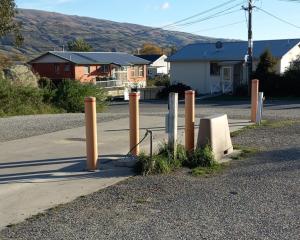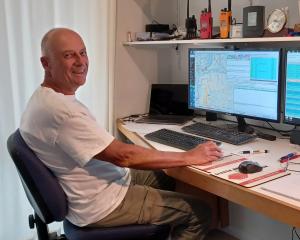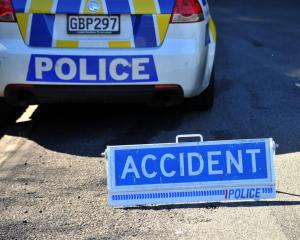
University of Waikato school of science associate professor Earl Bardsley, who first came up with the Lake Onslow concept, said past impacts of earlier hydro-electricity projects in the South had never properly been addressed.
To that end, Prof Bardsley said restoration work at Lake Monowai, in Fiordland National Park, should be considered if the Onslow scheme were to go ahead.
"Keep in mind that Otago and Southland for yonks have been impacted by hydro development, everything from the Manapouri power scheme right through to the Clutha, Lake Dunstan and everything else.
"And no-one has ever raised the issue of offsetting, they’ve just gone ahead and done it ... effectively, ‘just build it and go away’.
"It’s not just Onslow — Otago-Southland has been impacted by a whole heap of hydro schemes. Onslow is just one more, really.
"It’s time we start thinking about ‘how about offsetting something for other places as well?’
"That’s why I think we should cast a wider net and look around — and the obvious one that comes up really, I think, is Lake Monowai."
Additionally, to compensate for the loss of an important trout fishing amenity at Onslow, better access to the nearby Greenland Reservoir should be considered, he said.
The Lake Onslow pumped hydro scheme is a $16billion proposal that would include a large hydro-electricity storage lake above Roxburgh.
It has been presented as a preferred option by the NZ Battery Project, a group tasked by the Ministry of Business, Innovation and Employment to look for solutions for "dry years" — when hydro-electricity lakes run low and coal is burned at Huntly Power Station to make up the electricity shortfall.
During times when there is low electricity demand, or high levels of renewable generation, water would be pumped up hill for storage at Lake Onslow.
When required, Lake Onslow electricity would then be used to make up the shortfall.
The pumped hydro scheme would not only help New Zealand reach its 100% renewable energy goal and solve the country’s dry-year problem, it would help to temper wholesale electricity price volatility by purchasing electricity when prices were low and generating when prices were high.
Cabinet approved a second stage of investigations for the project and released a raft of documents last month.
The NZ Battery Project team would presently look at a portfolio of biomass, flexible geothermal energy and hydrogen as an alternative to the pumped hydro option, Energy and Resources Minister Megan Woods said.
However, Lake Onslow still appears to be the project’s front-runner.
The indicative business case and associated documents released by the Government show the project would require flooding about 7000ha of land in the area and result in the loss of about 1300ha of important wetland ecosystems.
The massive scheme would disturb habitat for a range of animals, including the Teviot flathead galaxias, the Burgan skink and rare wetland plant species.
Mitigating, offsetting or compensating for the environmental losses would be "challenging" and could not be "like-for-like", the recently published reports said.













